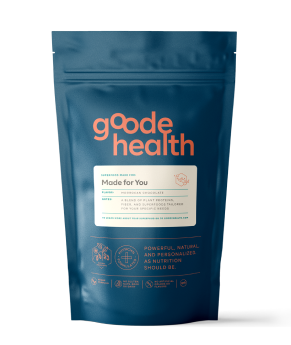7 Tips for a Goode Nights' Rest
Are you feeling tired?
A lack of sleep can make you feel sluggish, foggy, and irritable, but did you know that it also takes a toll on your overall health? Research shows that getting between seven and nine hours of sleep every night is not just a luxury but a necessity for your well-being.
Sleep plays a pivotal role in regulating our hormones, especially cortisol. When we don’t get enough sleep, cortisol levels surge. This leads to an increase in blood pressure, blood sugars, and cholesterol. It also decreases other essential hormones and reduces blood flow to your brain and gut.
Sleep isn’t just downtime; it’s an investment in your health. By following these tips and listening to your body’s needs, you can enjoy a better night’s sleep and a healthier, happier you!
How to stop feeling tired all the time:
Stick to a regular sleep schedule: Try to go to bed and wake up at the same time every day, even on weekends to help regulate your internal clock.
Create a comfortable sleep environment: Transform your bedroom into a cool, dark, and quiet sleep sanctuary. Investing in a comfortable mattress and pillows can make a big difference too.
Embrace the eye mask: Research shows that wearing an eye mask while you sleep increases REM sleep, shortens the time it takes to fall asleep, and boosts melatonin levels. This helps to promote healthy sleep patterns and hormone balance.
Limit screen time before bed: The blue light emitted by electronic devices disrupts your sleep-wake cycle by suppressing melatonin production. Try to avoid screens for an hour or two before bed to ensure a more restful sleep.
Bask in the sunlight: Exposure to natural light during the day helps your body distinguish between night and day, promoting a healthier sleep-wake cycle.
Consider a sleep study: If you wake up frequently during the night or struggle with excessive daytime sleepiness despite getting adequate sleep, ask your doctor about scheduling a sleep study. This can help uncover underlying medical issues such as sleep apnea.
Nourish your body with better sleep micronutrients: Studies based on NHANES data found that adults with short sleep durations are more likely to be deficient in several vital micronutrients, including calcium, magnesium, and vitamins A, C, D, and E. To make sure you’re meeting your daily micronutrient needs, use Goode Health as a smoothie base or mix with water.







